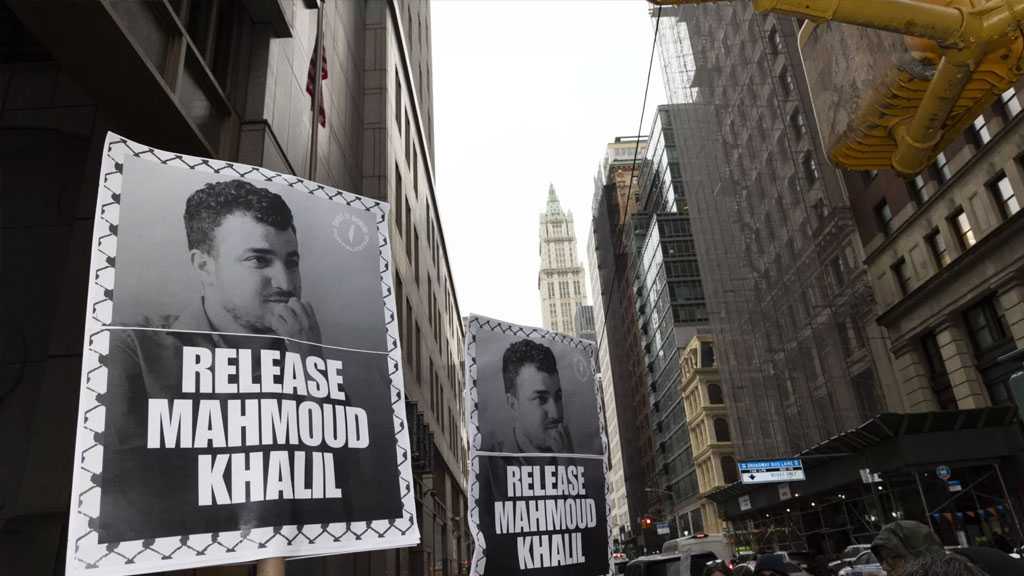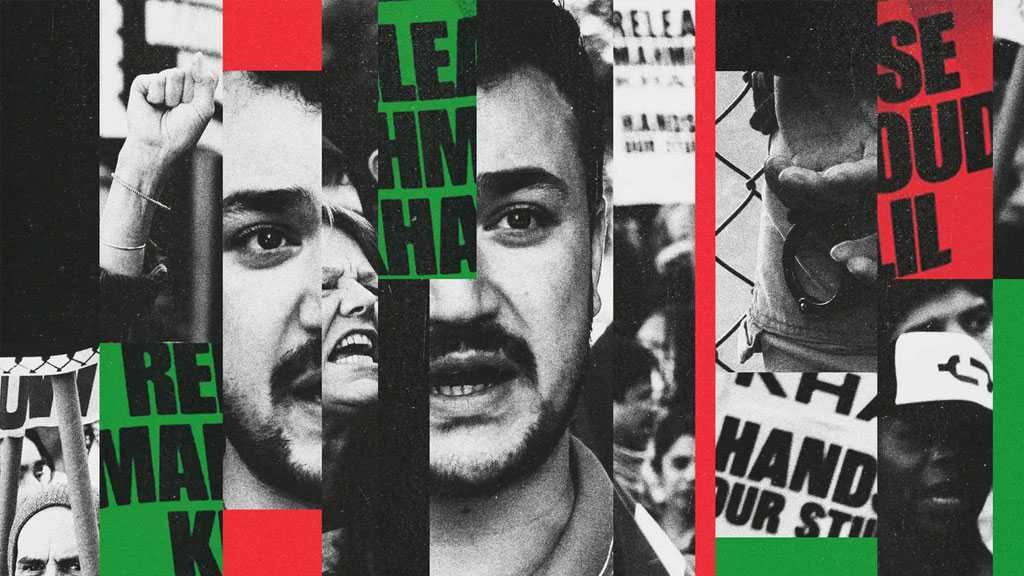La Bévière: Mossad Chose Geagea for Ehden Massacre

Source: Al-Manar TV, 1-5-2009
"Ehden, the curse of Arab Christians" is the title of a book, to be released in mid-May, written by French journalist Richard La Bévière, one of the most prominent Middle-East experts in France.
The book focuses on the impact of the Ehden massacre in the life of the Arab Christians. It highlights the relation of former President, Phalange party senior figure and founder of the Lebanese Forces Bashir Gemayel, who was assassinated before assuming his post, with the Zionist entity, mainly Mossad official David Kamy.
According to the book, the relation between Gemayel and Kamy, which dates from the spring of 1976, was aimed at helping Gemayel reach power in order to sign an independent peace agreement between "Israel" and Lebanon. The book notes that the Ehden massacre sought to help the Phalange party, "Israel's" ally at the time, take hold of the Lebanese Christian decision.
On the morning of 13 June 1978 at 4am, a Phalangist squad led by Samir Geagea attacked Tony Franjieh's mansion in an attempt to capture Ehden, Tony Frangieh, the father of former minister Suleiman Franjieh, his wife, small daughter and the maid would be brutally murdered. Samir Geagea was injured in the attack.
The book's author told Kuwaiti daily Al-Qabas that the appointment of Samir Geagea as the Phalanges Forces' chief in North Lebanon was recommended by the "Israeli" Mossad following psychoanalysis of Geagea's personality.
La Bévière noted that Geagea was a native of Bsherri, the town of Christian leader Toni Franjieh. "Therefore, his appointment was intended to push Franjieh to commit suicide," La Piviere said. "Whenever Geagea will ask Franjieh to surrender, the latter would seek to struggle and defend himself, and thus commit suicide," he explained while emphasizing that 100 ‘warriors' will help Geagea accomplish his mission.
The book's author denied having data concerning direct contacts between Geagea and the Mossad, noting that Bashir Gemayel was restricting the contacts with the "Israelis" in his person. He said that Geagea was confident in Bashir and carried out his instructions.
The book also includes an interview with Geagea in which the Lebanese Forces chief denies holding any contacts with the "Israeli" intelligence. However, the author said that Geagea's speech about the massacre was full of contradictions. "Geagea's answers to my questions were neither accurate nor homogeneous," he said.
Comments
- Related News




